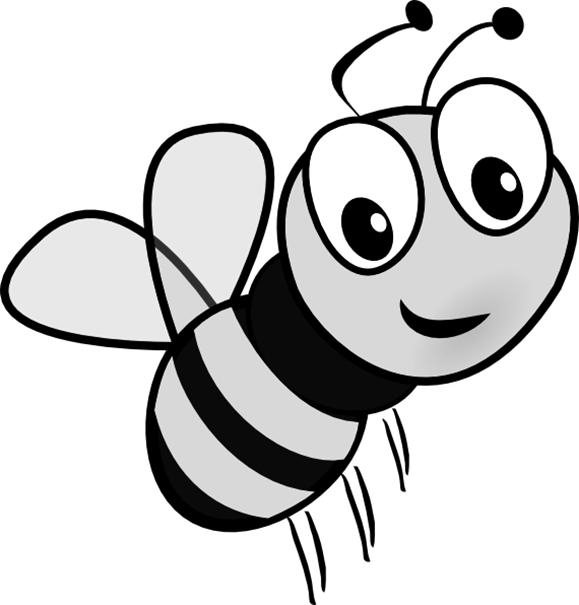 Now that harvest time has come around, it seems to be an appropriate moment to pay homage to our bees. Without their hard pollination work, which they do without requiring any pay or previous training, our meals would be very dull. They say that 30 percent of the food we eat depends on bee pollination: in other words, one bite of every three that we take during a meal. Without bees, therefore, fruit and vegetables would be scarce, since almost one hundred different types are dependent on their pollination efforts. Even meat would be rare because there would be no fresh food for livestock.
Now that harvest time has come around, it seems to be an appropriate moment to pay homage to our bees. Without their hard pollination work, which they do without requiring any pay or previous training, our meals would be very dull. They say that 30 percent of the food we eat depends on bee pollination: in other words, one bite of every three that we take during a meal. Without bees, therefore, fruit and vegetables would be scarce, since almost one hundred different types are dependent on their pollination efforts. Even meat would be rare because there would be no fresh food for livestock.
The everyday hamburger would consist of only the bread bun, since wheat is wind pollinated. Unfortunately, the reports that bees are suffering from many different factors are growing: climate change, pesticides, parasites, disea-ses and loss of botanical diversity, just to mention a few. We tend to be afraid of bees because of their sting. And African bees are even said to be killer bees. Interestingly enough, their venom is not more dangerous than that of European bees.
Admittedly, African bees have a more defensive nature. Albert Einstein is purported to have said that if bees disappear mankind will disappear within four years. Who knows if he really said this. The reality is that if bees were to become extinct, our lives would involve much more hardship than a bee sting. If you feel that bees are creating a problem for you, consult a beekeeper. They are usually more than willing to come and help, since they are aware of the role that bees play in the great scheme of things.
Susanne Fuchs for Pearly Beach Conservancy
Gansbaai Courant provides the Gansbaai community with the latest in news and interesting stories about and around the area.
View Profile
What is Xplorio?
Xplorio is your local connection allowing you to find anything and everything about a town.
Read More












